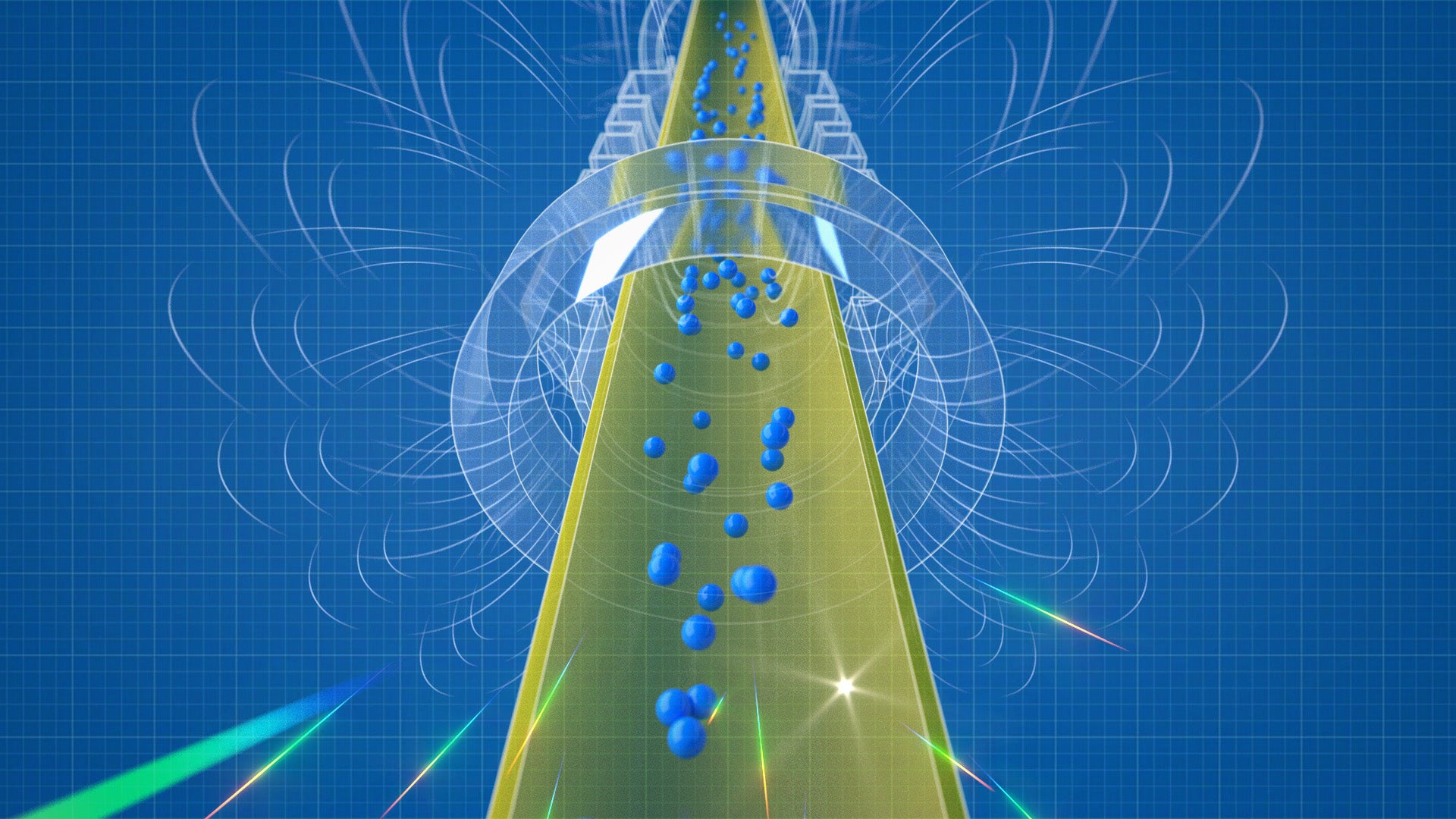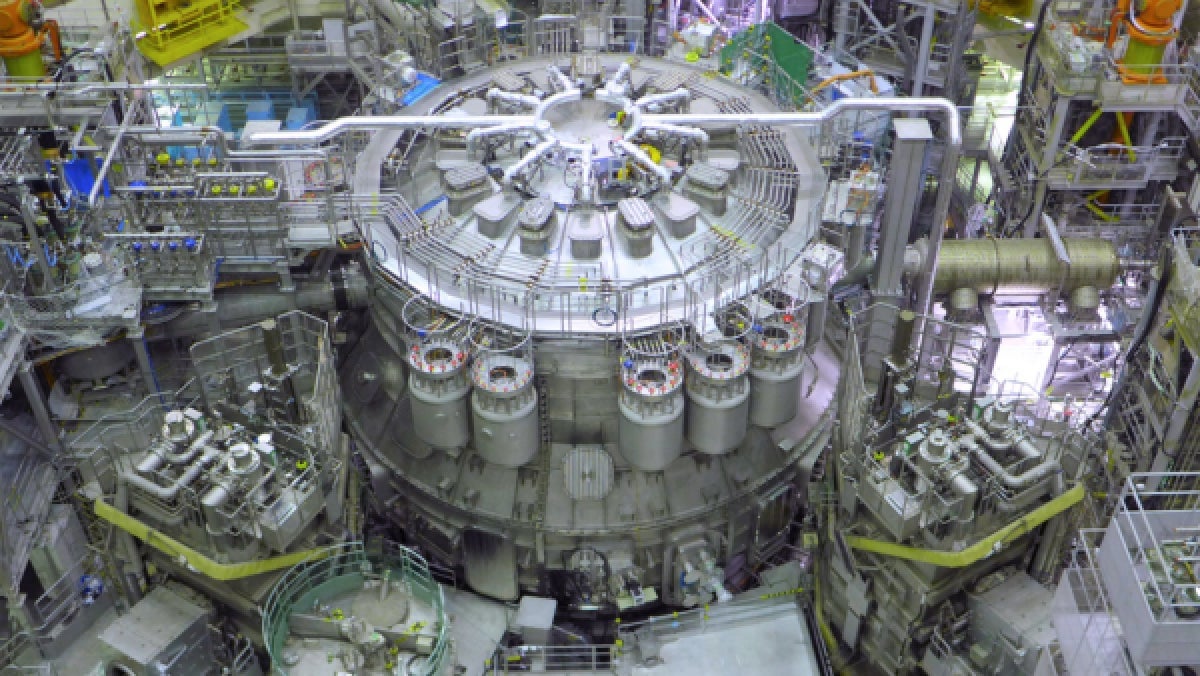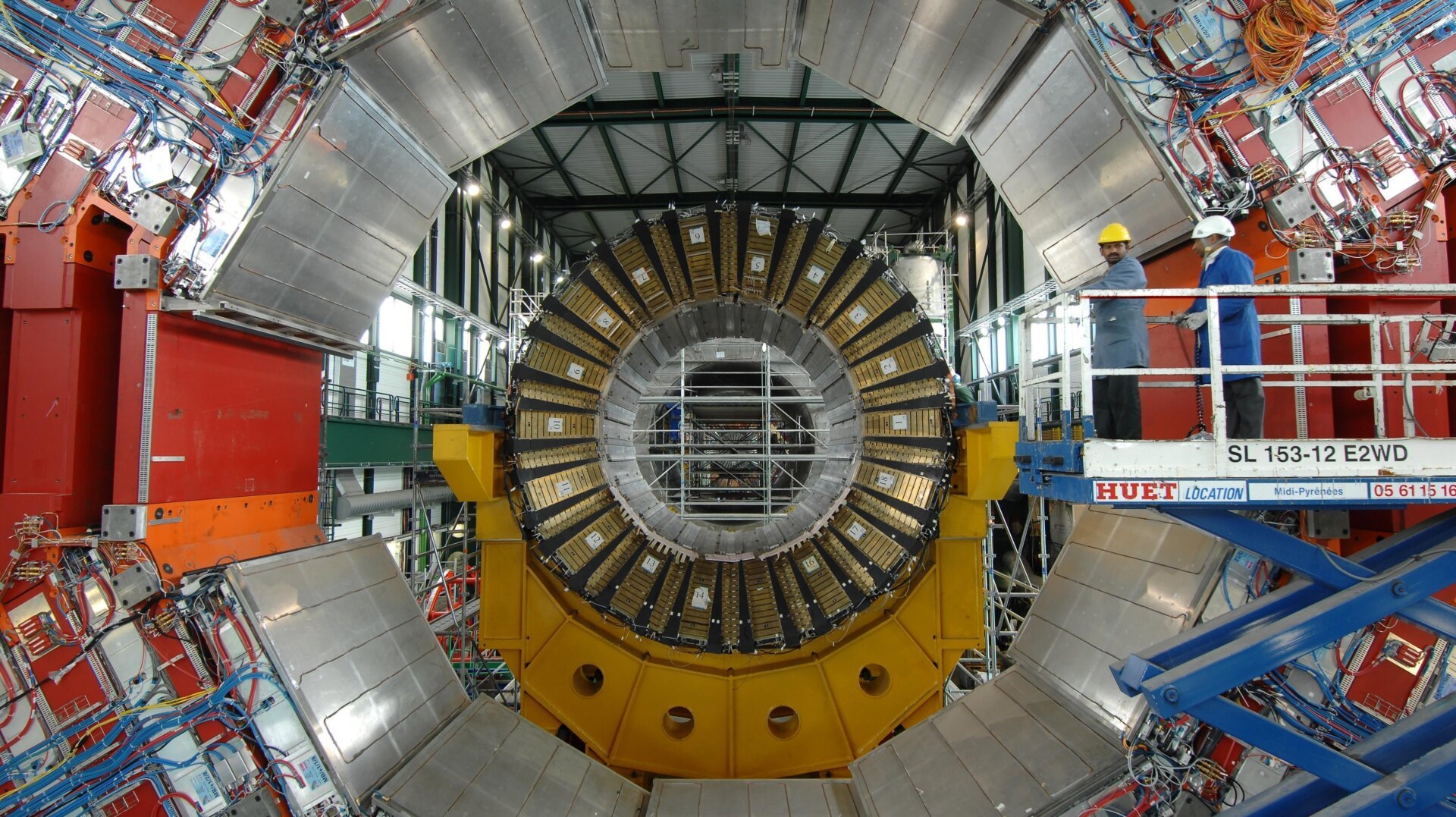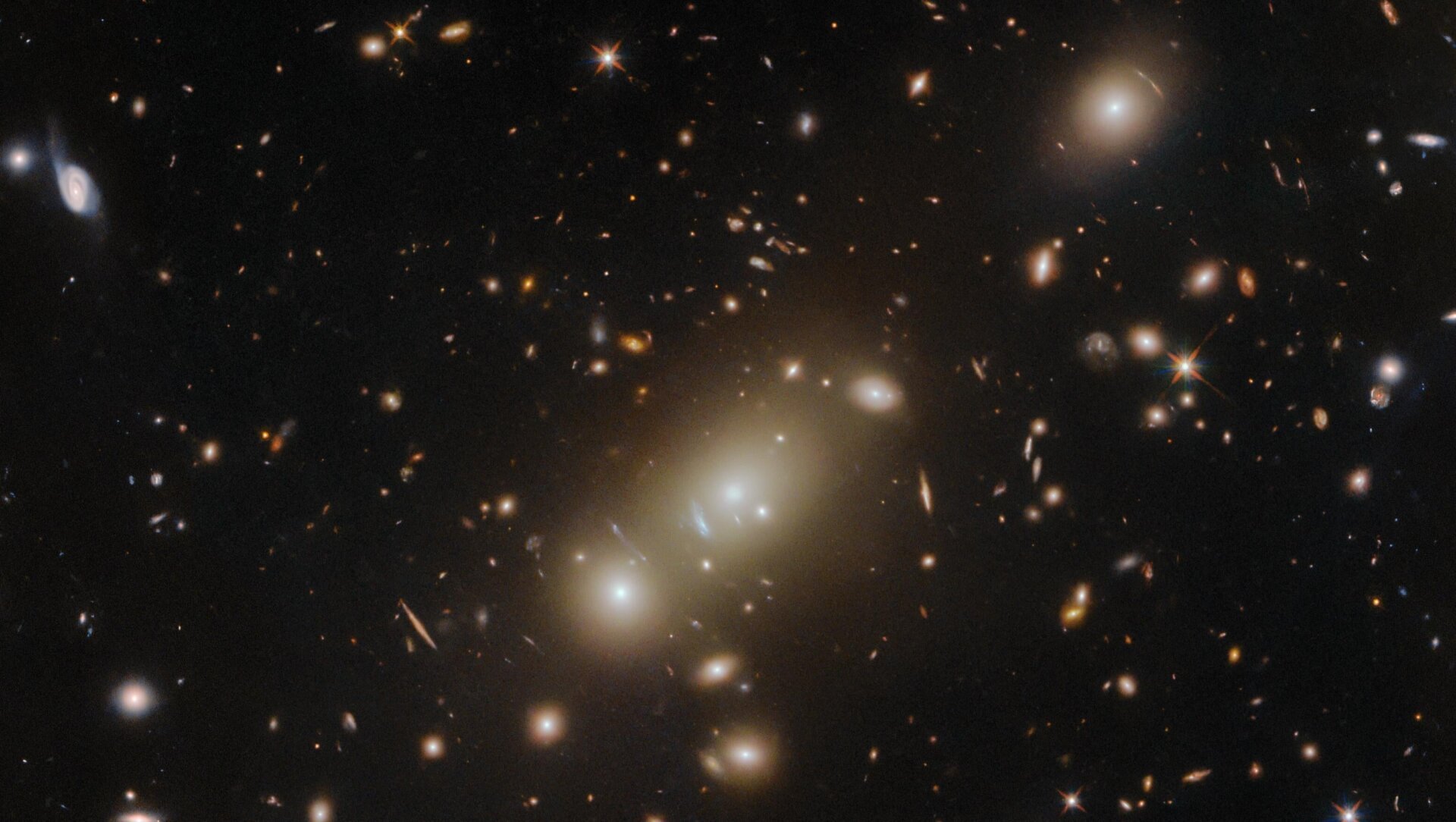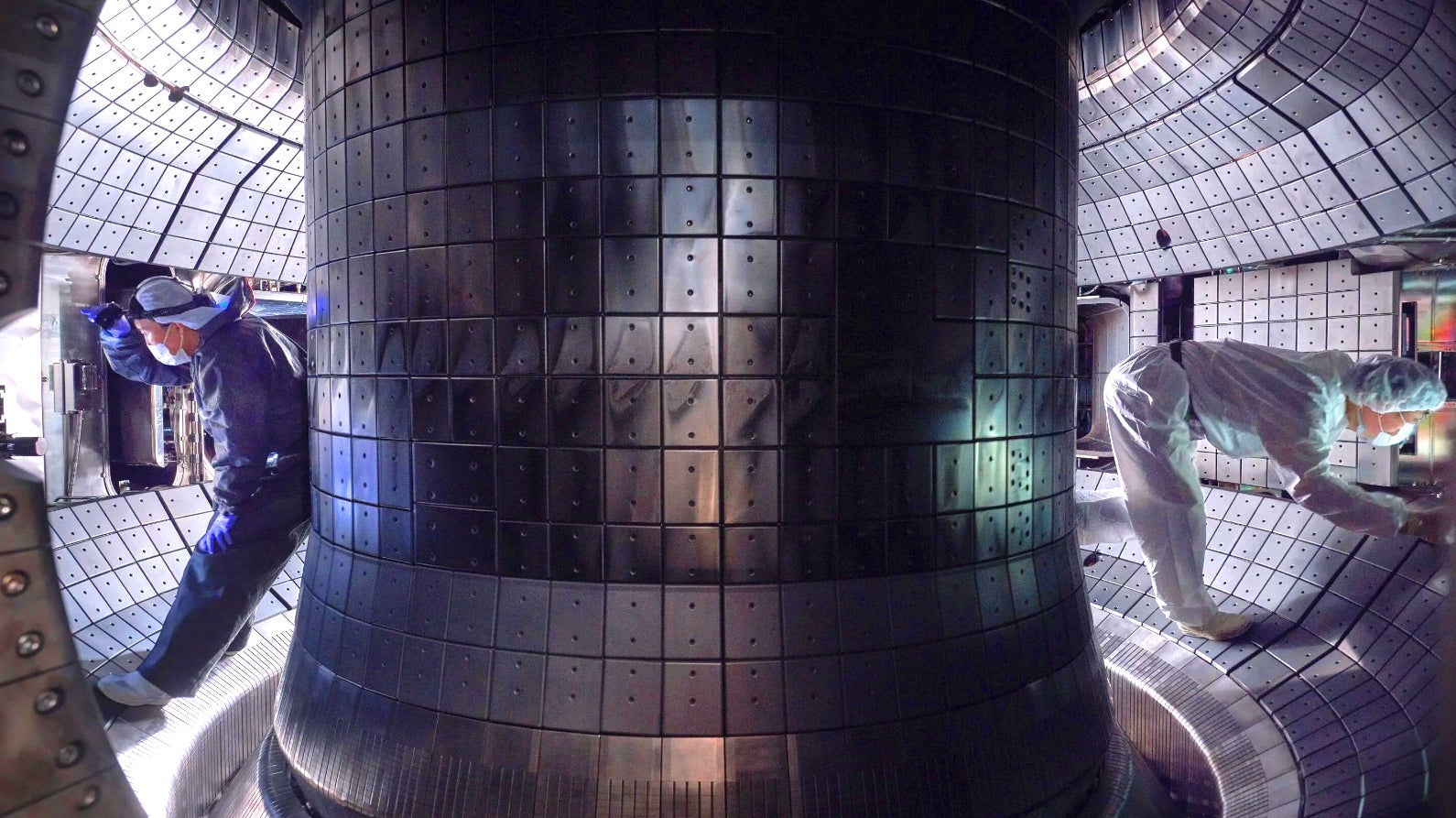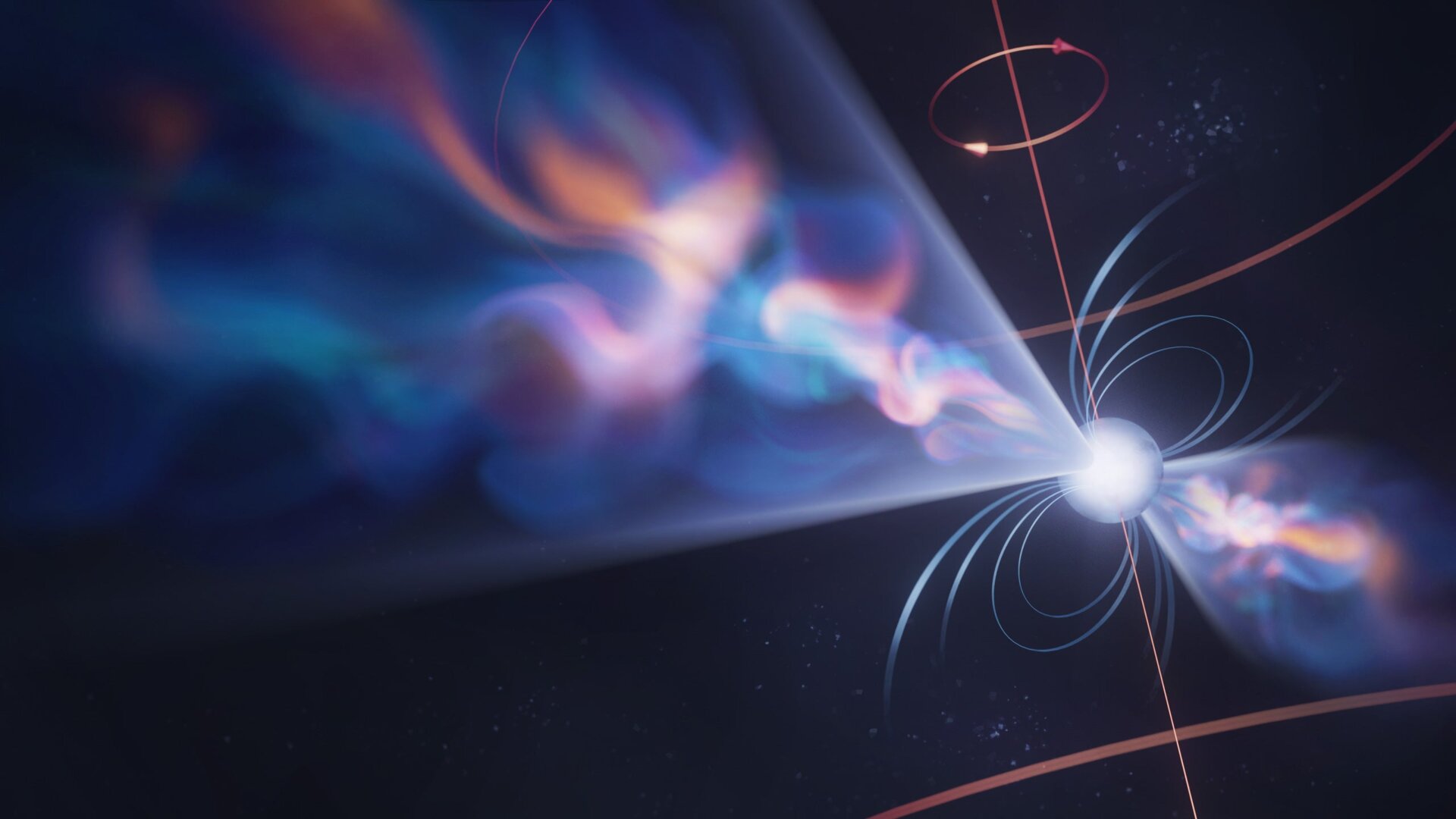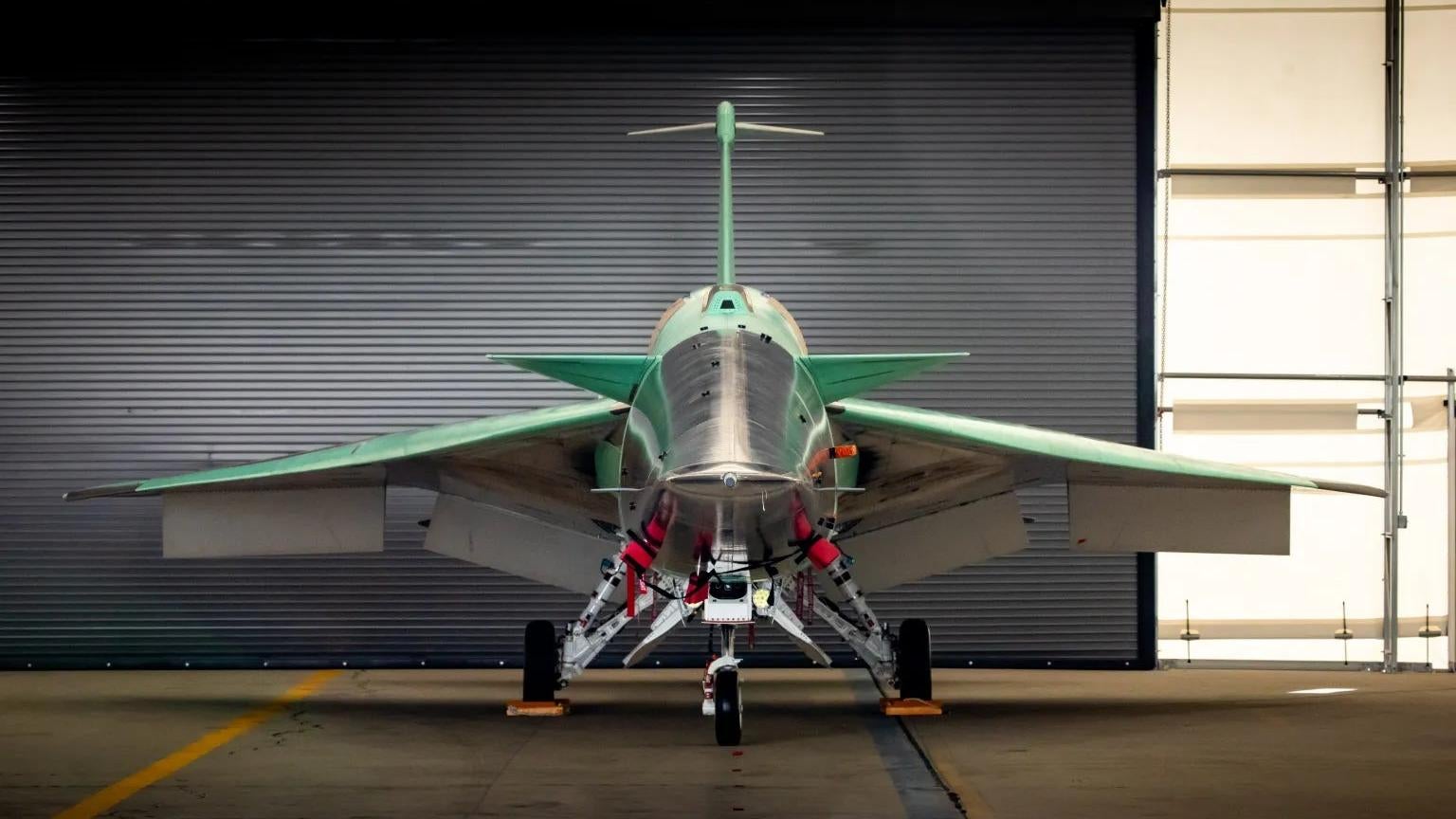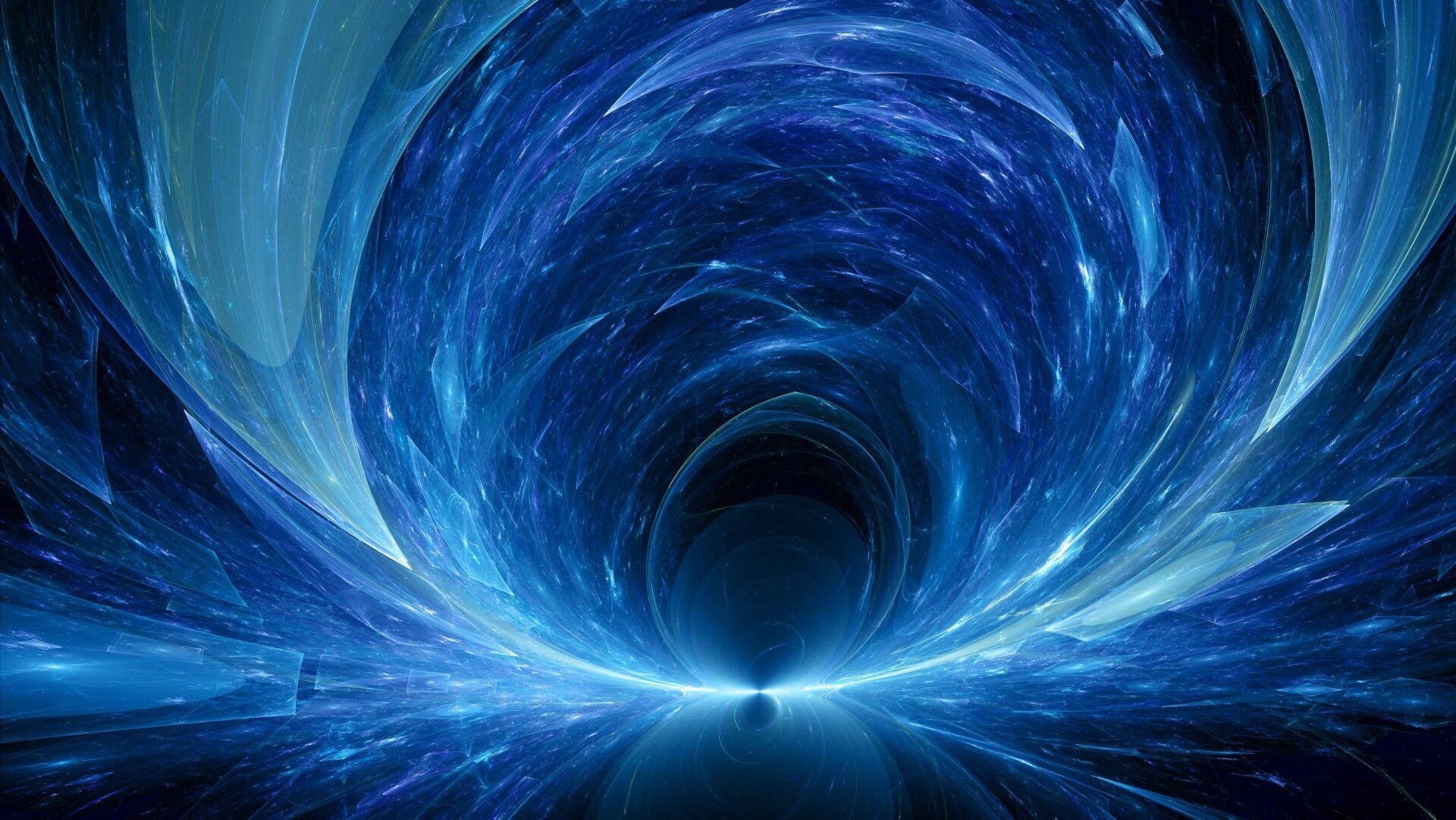The mystery surrounding antimatter’s relationship with gravity has intrigued physicists since its discovery 95 years ago. Now, a groundbreaking experiment at CERN has provided the first direct observation of antimatter’s response to gravity, confirming a key tenet of Einstein’s general theory of relativity.
The ALPHA (Antihydrogen Laser Physics Apparatus) collaboration at CERN observed antihydrogen, the antimatter counterpart of hydrogen, free-falling within a specialized magnetic trap. This observation provides direct evidence supporting the weak equivalence principle, which states that all masses, regardless of their composition, react identically to gravity. The team’s findings, published in Nature, mark a significant milestone in our understanding of antimatter and its interaction with fundamental forces.
Previous experiments provided indirect hints that antimatter likely interacted with gravity as expected. However, as Jonathan Wurtele, an ALPHA collaboration member and plasma physicist at the University of California, Berkeley, explained, this experiment represents the first direct observation, definitively showing that antihydrogen falls downwards in a gravitational field, just like ordinary matter.
Antimatter, while rare in the universe, possesses mass, much like ordinary matter. It consists of particles with opposite charges to their matter counterparts. For instance, positrons, the antimatter equivalent of electrons, carry a positive charge. Similarly, antiprotons hold a negative charge, in contrast to the positive charge of protons. When matter and antimatter collide, they annihilate each other.
The weak equivalence principle, central to Einstein’s theory of general relativity, postulates the equivalence of inertial and gravitational mass. While the Standard Model of particle physics describes inertial mass, general relativity addresses gravitational mass. As physicist Anna Soter of ETH Zürich noted, unifying these two theories remains a challenge. This experiment provides crucial empirical evidence supporting the weak equivalence principle, a cornerstone of general relativity.
The ALPHA collaboration’s journey to this milestone began with the construction of ALPHA-g, a specialized magnetic trap designed to suspend and release antihydrogen atoms, enabling the study of their gravitational interaction. The process involves cooling antihydrogen atoms to near absolute zero to slow their movement and allow for precise measurements. This cooling technique, as explained by Makoto Fujiwara, a particle physicist at TRIUMF, enhances the accuracy of observations in the quantum realm.
Within ALPHA-g, the researchers released the cooled antihydrogen into a vertical vacuum chamber. By carefully adjusting the magnetic fields, they observed that approximately 80% of the antihydrogen atoms annihilated at the bottom of the chamber, demonstrating the influence of gravity.
This confirmation that gravity affects antimatter similarly to ordinary matter provides strong support for both the Standard Model and Einstein’s theory. While the precise magnitude of gravitational acceleration on antihydrogen remains to be determined, this experiment paves the way for future investigations with even colder atoms. These future experiments promise to refine our understanding of the weak equivalence principle and potentially bridge the gap between general relativity and the quantum realm, where gravity’s influence remains enigmatic.
While this experiment confirms a long-held assumption, it represents a crucial step forward in our understanding of fundamental forces and particle physics, opening exciting new avenues for future research.
More: Antimatter Could Travel Through Our Galaxy With Ease, Physicists Say



